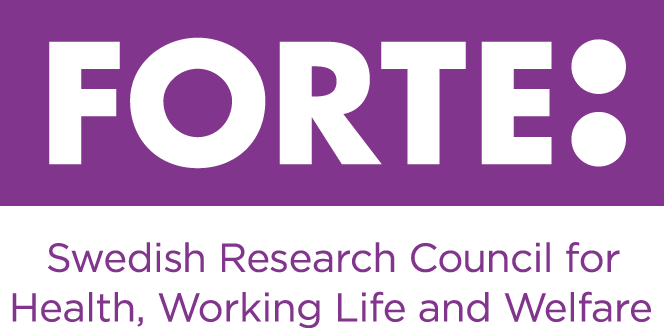The demographic composition of all the European countries is changing, creating new demands for services and raising questions about the capacity and the quality of the public sector as the main provider of those services. Digital transformation is seen as both a necessity and a possibility to improve public service. Alongside the changing demographics, the digital transformation of work activities and occupations – combined with rapidly evolving user expectations and preferences – is creating a high demand for transformation of workforce and labour markets as well as increased pressure on infrastructure and service delivery. Our ability to deliver on lifelong learning across all sectors and industries is tightly coupled to how this will ultimately play out. Other conditional factors for successful digitalisation are tied to technology adoption capabilities as well as strategies to avoid exclusion and marginalisation.
Objectives
The overarching aim of the initiative on Digitalisation of the Public Sector is to:
- Advance theoretical, methodological and experimental research and innovation, and motivate and support excellence and capacity building for interdisciplinary and cross-sectoral research on public sector digitalisation.
- Generate applied research that will be useful to practitioners and offer guidance to policy-makers in each participating country as well as across national boundaries.
- Promote increased cooperation between researchers, service providers and users at all levels, and across public, civic and private sectors.
- Develop and test specific innovations and new digital solutions in the public sector, as well as develop an understanding of the potential impact of digitalisation on public sector organisations and on public sector employees.
- Consider security, privacy and ethical implications and other possible societal risks of digitalisation e.g. cyber security, data governance and increased social inequality.
Background
The Nordic region is high-performing and digitally mature with regards to public sector, yet there is a strong political imperative for further improving the efficiency, effectiveness and governance of public services design, public infrastructure and delivery through expanded digitalisation in the Nordic countries. This is also the case in the UK, Latvia and Estonia. All the countries have developed digital strategies which contain high ambitions for modernising, simplifying and improving the public sector. Summing up the aims, objectives, goals and focus areas of the strategies shows that all the countries have similar main goals, as they all emphasise knowledge development, user-centricity, digital skills, digital security, AI application and e-administration, for the further development and digitalisation of the public sector.
Against this backdrop and in response to the open invitation from NordForsk, the Research Council of Norway, on behalf of the involved funding agencies, submitted an Expression of Interest letter to establish a NordForsk Research and Innovation Programme on Digitalisation of the Public Sector. At its meeting on 19 November 2018, the NordForsk Board decided to initiate and implement the initiative. The Research and Innovation Programme was established as a result of this process. A cooperation of this type will contribute to Nordic added value and enable Nordic researchers and public and private sector agents to align with international state of the art, building networks and capacities they can bring to even more competitive arenas internationally.
Funding
The total budget of the initiative is approximately EUR 8 million.
Committee
- Ulla Wallin, Forte, Sweden (Chair)
- Risto Vilkko, The Academy of Finland, Finland (member)
- Lasse Gullvåg Sætre, Norges Forskningsråd, Norge (member)
- Jens Peter Vittrup, Innovation Fund Denmark, Denmark (member)
- Isabelle Carnlöf, Programme Manager, Forte (Sweden)
- Katrin Piller, Estonian Research Council, Estonia (member)
- Dmitrijs Stepanovs, Department of Higher Education, Science and Innovation Ministry of Education and Science, Latvia (member)
- Annika Sølvará, The Faroese Research Council Faroe Islands (observer)
- Thordur Reynisson, Nordic Innovation (observer)
- Cecilia Leveaux, Nordic Council of Ministers (observer)










